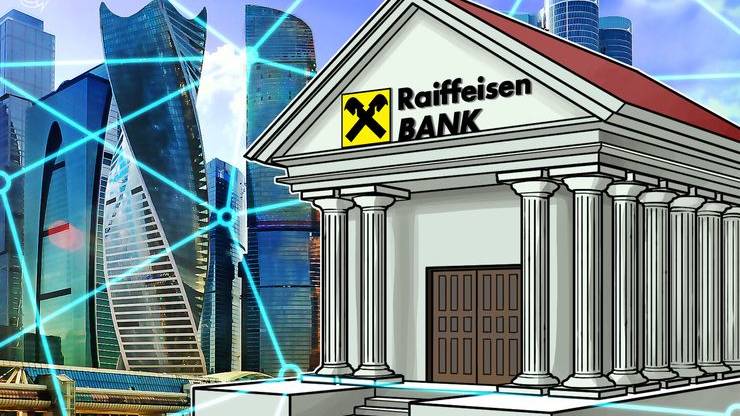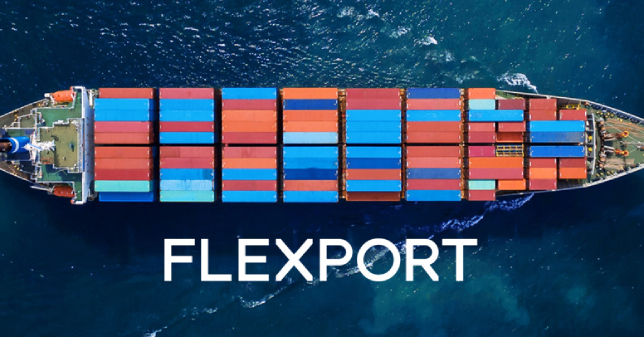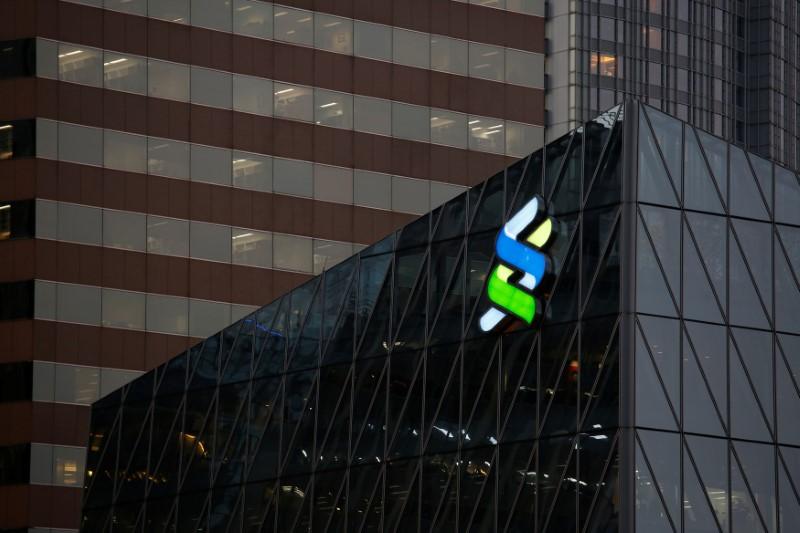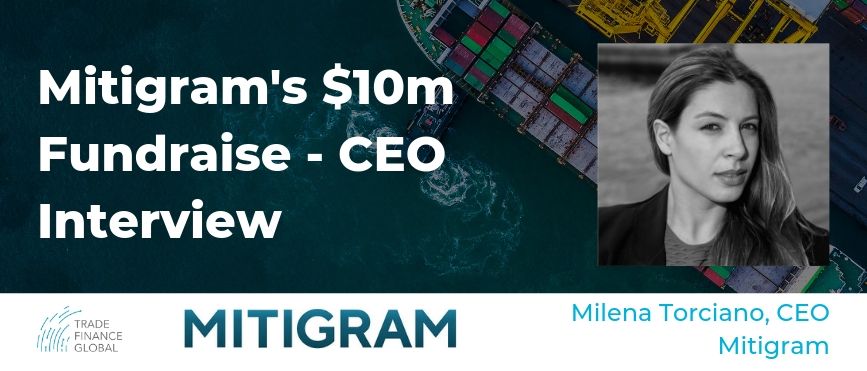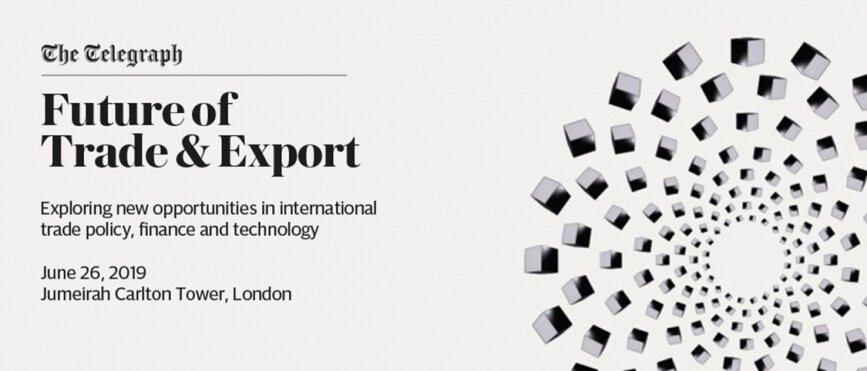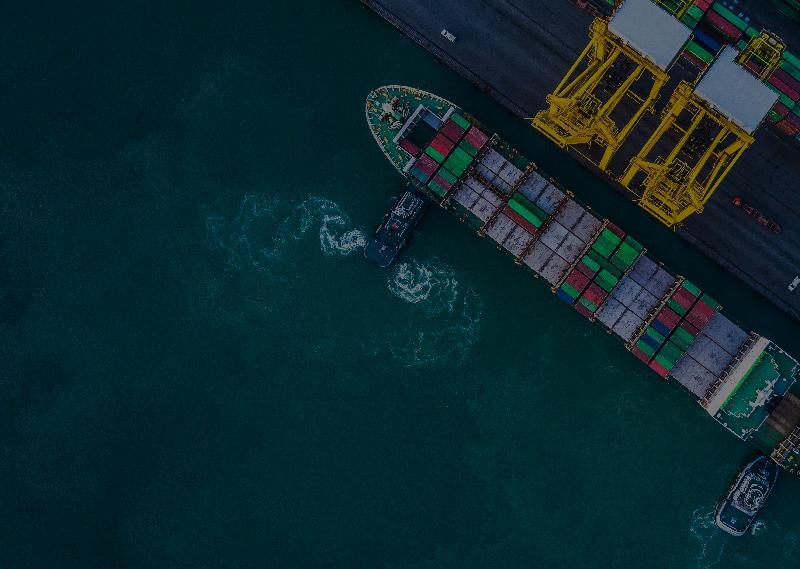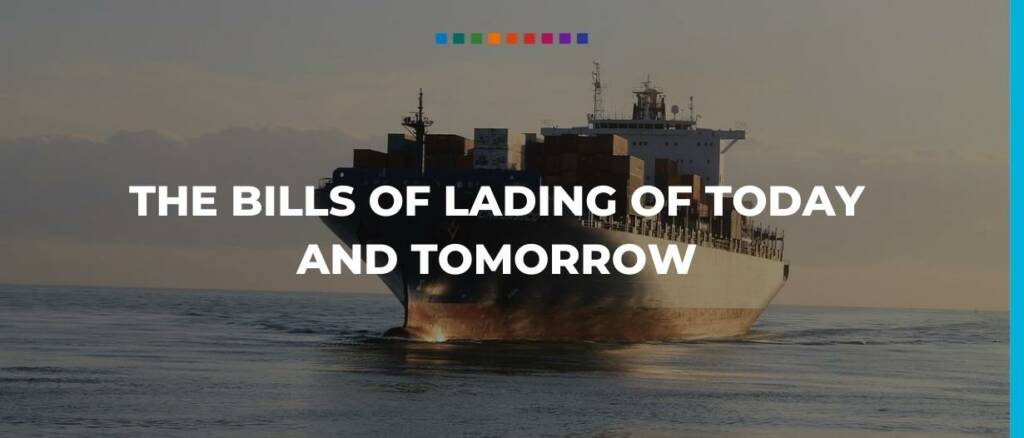Two Raiffeisenlandesbanks go live with digital trade finance solution that will transform their end-to-end operations and intercept continuing business and market demands.
Flexport’s unique visibility into client shipments down to the SKU level through its digital platform provides them with a unique perspective on risk relative to banks offering financing. This insight… read more →
Membership agreement enhances Standard Chartered’s benchmarking and modelling capabilities and strengthens Global Credit Data’s international coverage
TFG spoke to Mitigram’s CEO Milena Torciano, who just raised a Series B round of financing, worth 100SEK ($10.7m USD) from Sampo, on their ambition to become the Bloomberg of trade and digitise trade flows.
The Telegraph’s ‘Future of Trade and Export’ conference sought to explore ‘new opportunities in international trade policy, finance and technology’.
Trade Finance Global caught up with Charles Nahum at Finacity, looking at the state of the trade receivables securitisation markets in 2019
Coriolis CEO and author of ‘The Weaponization of Trade’ Dr. Rebecca Harding discusses the US-China trade war and the new standards that it is bringing to trade.
Fourteen leading global financial institutions have launched the Trade Finance Distribution (TFD) initiative to use technology and standardisation for the wider distribution of trade finance assets.
SWIFT – The Society Worldwide Interbank Financial Telecommunication was founded in 1973 and has been the global standard for financial messaging between banks ever since. The messaging service is used by over 11,000 banks and institutions across 200 countries and have sent over three billion financial messages so far in 2019.
The ecosystem of cross border trade can be a complex one, and a level of assurance is needed to ensure proper levels of trade can be reached as efficiently as possible. A Bill of Lading, sometimes shortened to B/L acts as such assurance, as when issued by a carrier of goods it presents acknowledgement of the receipt of the cargo for shipment.















